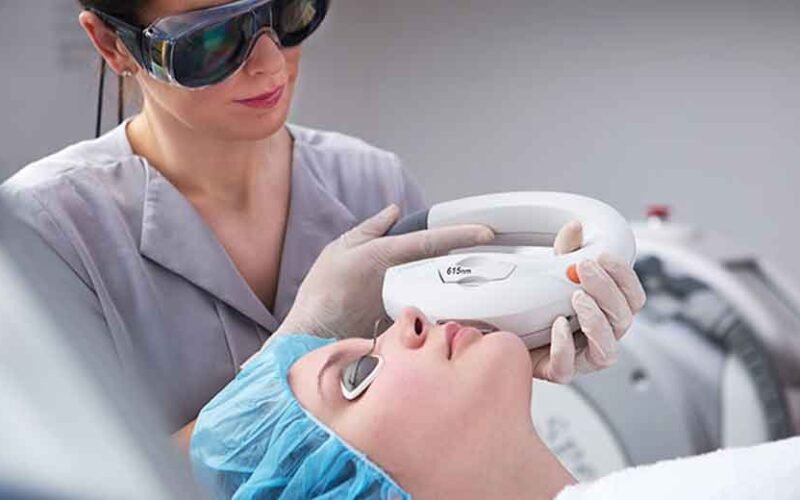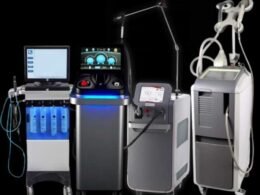The world of aesthetic medicine is expanding rapidly, offering licensed healthcare professionals — especially nurses — unique opportunities to redefine their careers. As demand for non-surgical cosmetic treatments like Botox and dermal fillers rises, so too does the need for skilled injectors. For many registered nurses, completing a certified training program is the first step toward a lucrative and flexible profession. But what comes next?
If you’ve recently completed or are considering enrolling in injectable courses for nurses, it’s natural to wonder about the practical applications and job prospects that follow. Whether you’re drawn by creative expression, patient care, or entrepreneurial ambition, there’s a path for you in this dynamic field.
Enter the Medical Aesthetics Industry
One of the most popular directions for certified nurses is joining the medical aesthetics industry. Clinics and medspas across Canada are actively hiring nurses trained in neuromodulators and dermal fillers. These professionals assist or independently administer treatments under the guidance of a medical director. This environment allows nurses to work in modern, wellness-focused settings while delivering cosmetic procedures that enhance client confidence and satisfaction.
Work in a Dermatology or Plastic Surgery Clinic
Many dermatology and plastic surgery offices integrate non-invasive injectables into their patient care strategies. Nurses in these environments work alongside specialists, often handling pre-treatment consultations, injection administration, and post-care support. This role allows for clinical growth while still engaging in aesthetic work, making it ideal for those who want a balance of medical rigour and cosmetic outcomes.
Start Your Own Aesthetic Practice
In many provinces, nurses who meet licensing requirements and partner with a medical director can open their own aesthetic clinics. This career path is ideal for entrepreneurial nurses looking to build a brand, set their own schedule, and operate independently. While it comes with administrative and legal responsibilities, it also offers high earning potential and long-term professional freedom. Starting small — perhaps with mobile services or pop-up clinics — is often the gateway to a fully established practice.
Offer Mobile or Concierge Services
Some nurses find success by offering concierge or mobile injectable services, visiting clients at home or in discreet office settings. This model caters to high-income individuals who prefer private treatments or cannot make time for traditional clinic visits. While this approach requires additional coordination and consent procedures, it provides a highly personalized service model with excellent word-of-mouth marketing potential.
Become an Aesthetic Injector Trainer
For those who develop expertise and a strong portfolio in facial aesthetics, teaching becomes a viable next step. Many training institutions, private academies, or even established clinics seek experienced nurse injectors to mentor others. Teaching injectables combines leadership, communication, and hands-on skills, offering a fulfilling path for those who want to elevate the next generation of aesthetic professionals.
Freelance in High-End Clinics
Rather than committing to one clinic, many nurses choose to freelance or work on-call for multiple practices. These arrangements offer flexibility and higher hourly compensation, allowing nurses to focus purely on treatment without taking on administrative duties. Freelancing also helps build a broad professional network and a diverse clientele, which can lead to future business ventures or partnerships.
Integrate Aesthetics with Holistic Wellness
The intersection of beauty and wellness continues to grow, and many aesthetic nurses are integrating injectables into broader wellness services. This might include working with naturopaths, massage therapists, or nutritionists in holistic health centres. Such synergy allows for client-centred, full-body wellness experiences — positioning injectables as just one piece of a larger self-care regimen.
Pursue Further Specialisation
After mastering the basics, many nurses deepen their practice by specializing in advanced techniques such as jawline contouring, tear trough fillers, or non-surgical rhinoplasty. These areas require further training but are in high demand and command premium pricing. Developing a reputation in a niche area can elevate your status within the industry and attract a loyal clientele willing to travel for your expertise.
Navigate the Legal and Regulatory Landscape
Before fully launching into your post-certification career, it’s important to understand the regulatory requirements for aesthetic nursing in your province. Each region has its own rules around scope of practice, physician oversight, and advertising. Staying informed — and compliant — is essential for both your reputation and your legal safety. Organizations like the Canadian Association of Medical Aesthetics or your provincial nursing college are great starting points for ongoing education.
Final Thoughts on Building a Career in Aesthetic Nursing
The path after completing an injectable course is not a one-size-fits-all journey. Whether your goal is clinical advancement, entrepreneurial success, or artistic fulfilment, the opportunities in aesthetic nursing are varied and rewarding. With the right mix of training, compliance, and vision, nurses can craft careers that are as dynamic as they are empowering — proving that injecting confidence isn’t just for clients, but for practitioners too.










